The Ministry of Finance proposed establishing a national carbon credit trading floor to increase competitiveness towards low-emission economic development and green growth.
At a meeting with Deputy Prime Minister Tran Hong Ha on the morning of January 8, Deputy Minister of Finance Le Tan Can said that many countries have established carbon credit trading floors, and Vietnam needs to implement this model. The construction of a carbon credit market ensures that domestic transactions are transparent, safe, and in accordance with Vietnam's conditions and international practices. The interests of participating entities are harmonized, helping to increase national competitiveness in the direction of low-emission economic development, green growth, and sustainability.
Commodities on the carbon credit market in Vietnam include two types: greenhouse gas emission quotas; carbon credits certified by the Ministry of Natural Resources and Environment, traded on domestic exchanges. Units participating in transactions include emission enterprises subject to greenhouse gas inventories; organizations implementing carbon credit creation projects; organizations and individuals eligible to participate in carbon credit investment and trading; and transaction support organizations.
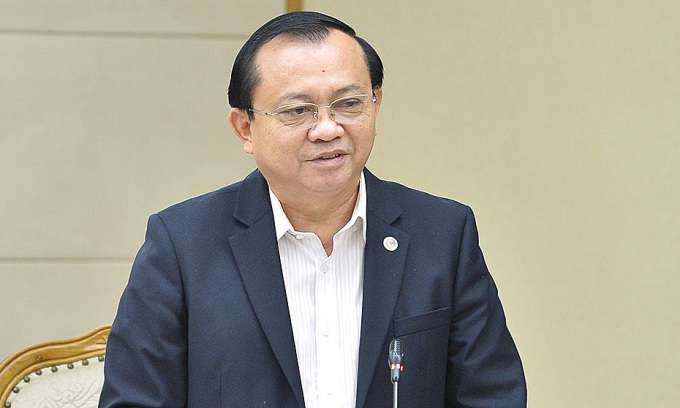
Deputy Minister of Finance Le Tan Can speaks at the meeting on January 8. Photo: Minh Khoi
Deputy Minister of Natural Resources and Environment Le Cong Thanh said the key to forming a carbon credit market is managing the formation and creation of credits; emission reduction plans for each sector; and credit exchange mechanisms in the international market.
Meanwhile, Deputy Minister of Planning and Investment Nguyen Thi Bich Ngoc said that it is necessary to allocate emission quotas to create a mechanism to promote technological innovation for enterprises. "The project needs to clearly define the market model and implementation roadmap, assess the impact on manufacturing industries as well as international commitments," Ms. Ngoc suggested.
Listening to opinions, Deputy Prime Minister Tran Hong Ha said that forming a carbon credit market is to implement the commitment to reduce greenhouse gas emissions to 0 (Net Zero) in practice. The State uses economic tools to manage greenhouse gas emissions of enterprises. The goal is to create an open and transparent market, determine the total amount of emissions, and allocate quotas to localities and sectors.
"We will proactively build a carbon credit market from now on to respond appropriately to places that have applied this tool, to avoid losses and disadvantages for businesses," said Mr. Ha.
The project needs to answer questions such as the scope of implementation, products, and operating models to create a legal environment for the development of the carbon credit market. Vietnam is committed to reducing greenhouse gas emissions "but must protect national interests".
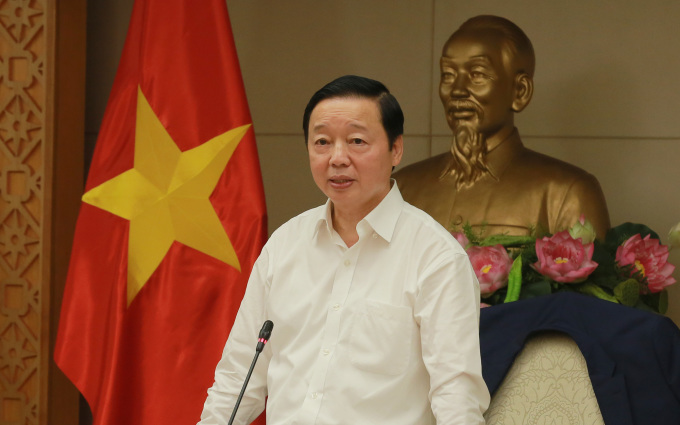
Deputy Prime Minister Tran Hong Ha speaks at the meeting on the morning of January 8. Photo: Minh Khoi
Carbon credits (CO2 credits) are tradable certificates that represent the right to emit one ton of CO2, or another equivalent to one ton of greenhouse gas. The trading method is understood as a company that generates 12 tons of emissions while the allowed limit is 10 tons, for the remaining 2 tons over the quota, can buy credits from a company that emits less. This is verified by a third party. The ultimate goal of carbon credits is to reduce greenhouse gas emissions into the atmosphere.
The carbon credit trading market in the world is quite active. In Vietnam, the Government aims to establish and operate a pilot carbon credit trading platform by 2025. Three years later, the platform will be officially operational.
In mid-July 2023, the Prime Minister requested the Ministry of Natural Resources and Environment to develop a decree on carbon credit management and submit it to the Government in the second quarter of 2024.
By the end of 2023, the Ministry of Agriculture and Rural Development said that Vietnam had completed the transfer of 10.3 million tons of CO2 to the World Bank (WB), earning nearly VND1,250 billion.
Number of carbon credits obtained from the forests of the North Central region. The sale of carbon credits is part of the greenhouse gas emission payment agreement (ERPA) for the North Central region signed on October 22, 2020 between the International Bank for Reconstruction and Development (IBRD) of the World Bank and the Ministry of Agriculture and Rural Development of Vietnam.
Source link







![[Photo] Ho Chi Minh City welcomes a sudden increase in tourists](https://vstatic.vietnam.vn/vietnam/resource/IMAGE/2025/4/25/dd8c289579e64fccb12c1a50b1f59971)


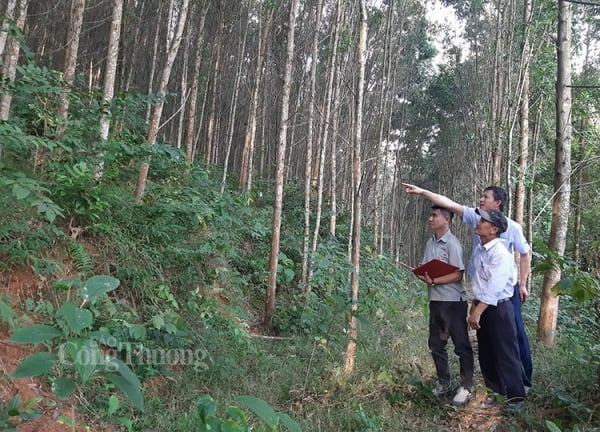
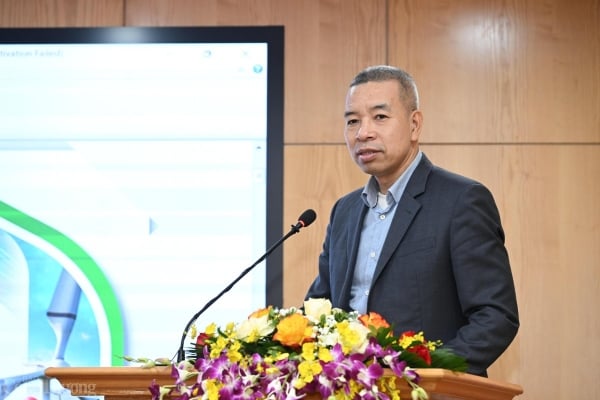
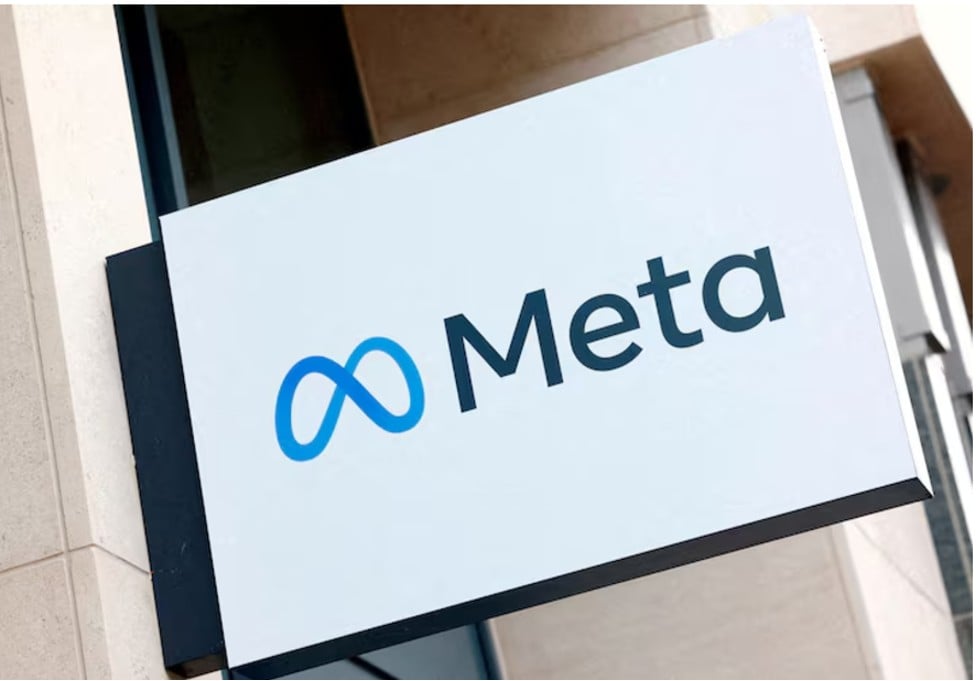
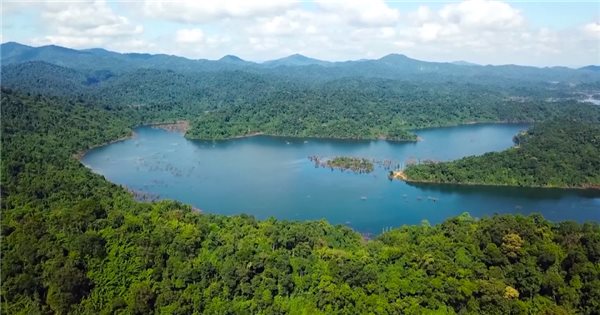

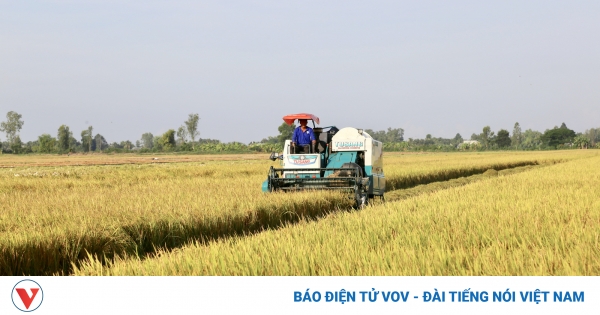













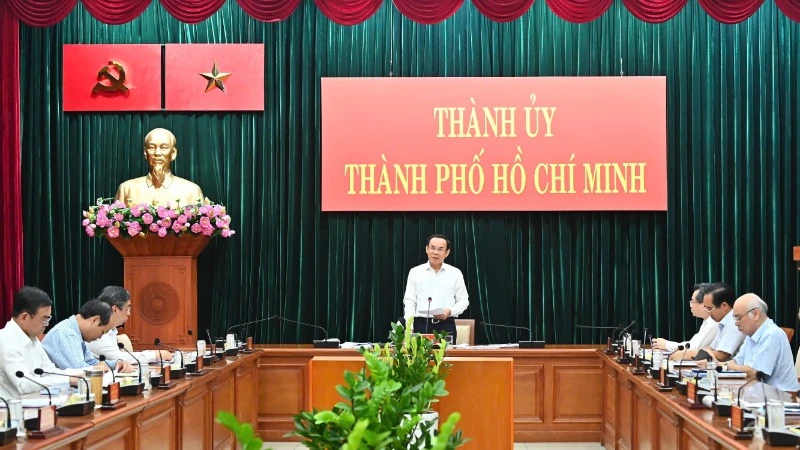
![[Photo] Liberation of Truong Sa archipelago - A strategic feat in liberating the South and unifying the country](https://vstatic.vietnam.vn/vietnam/resource/IMAGE/2025/4/25/d5d3f0607a6a4156807161f0f7f92362)

![[Photo] President Luong Cuong meets with Lao National Assembly Chairman Xaysomphone Phomvihane](https://vstatic.vietnam.vn/vietnam/resource/IMAGE/2025/4/25/dd9d8c5c3a1640adbc4022e2652c3401)








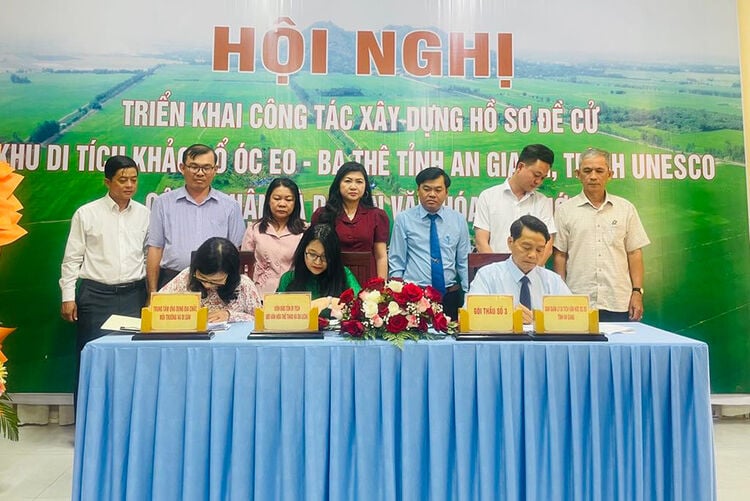

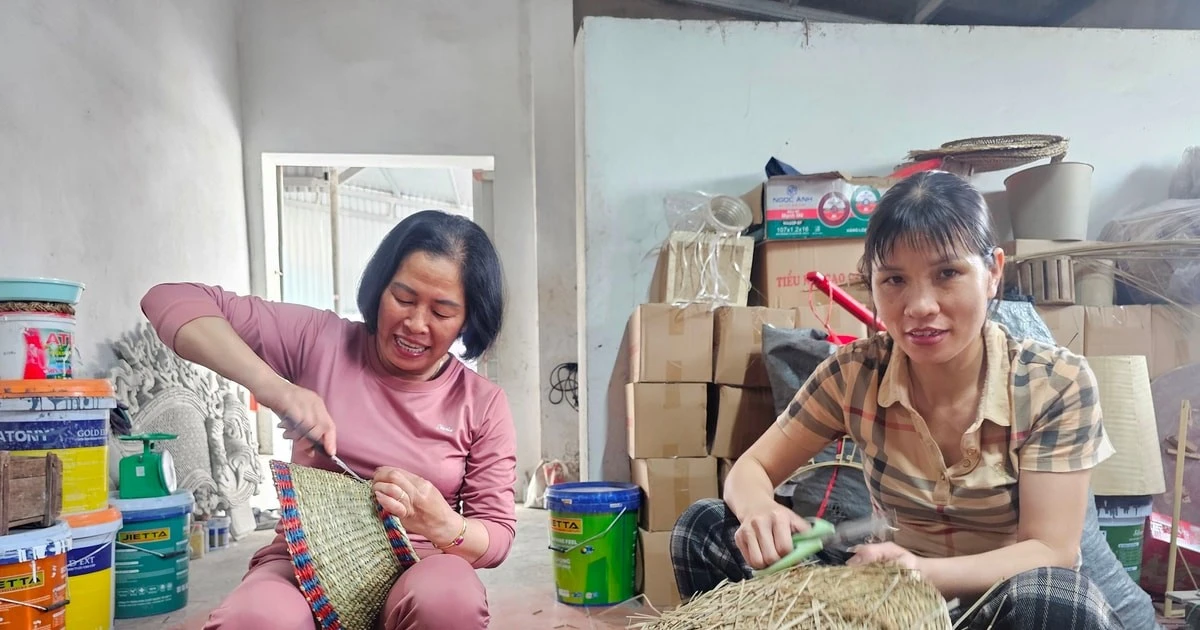





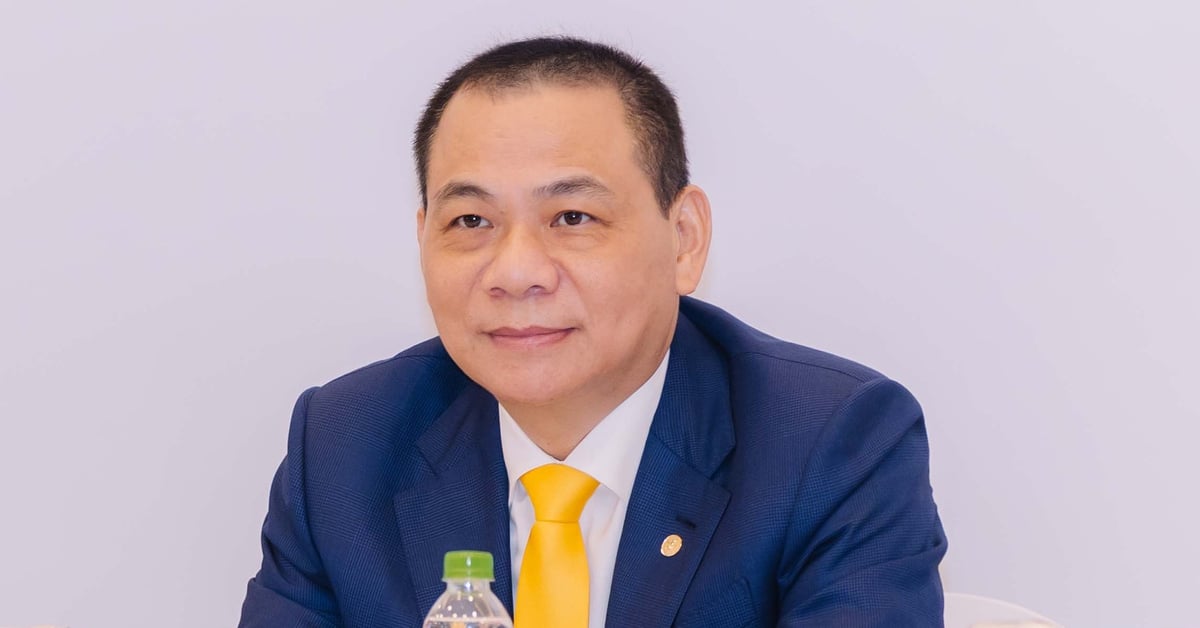



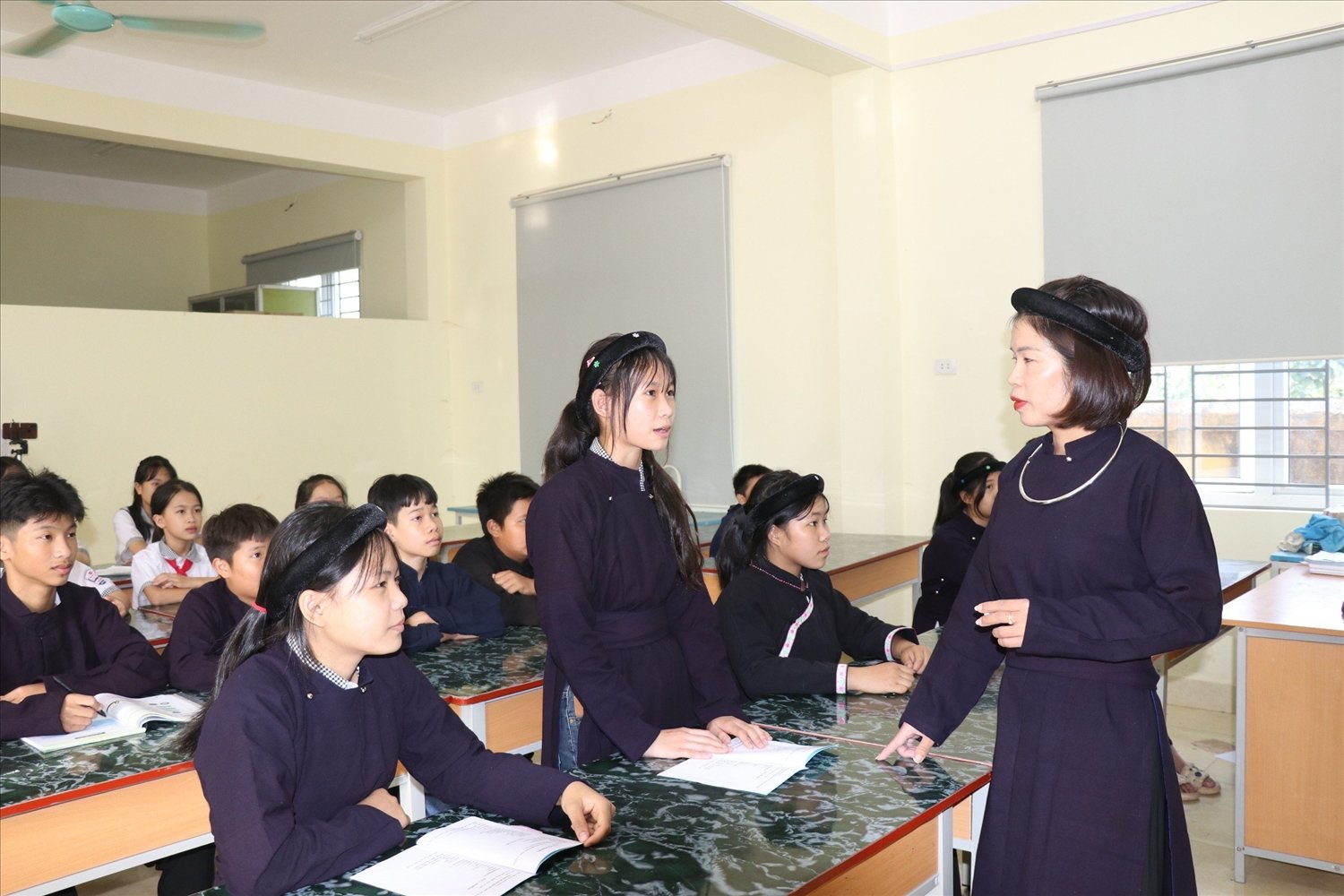




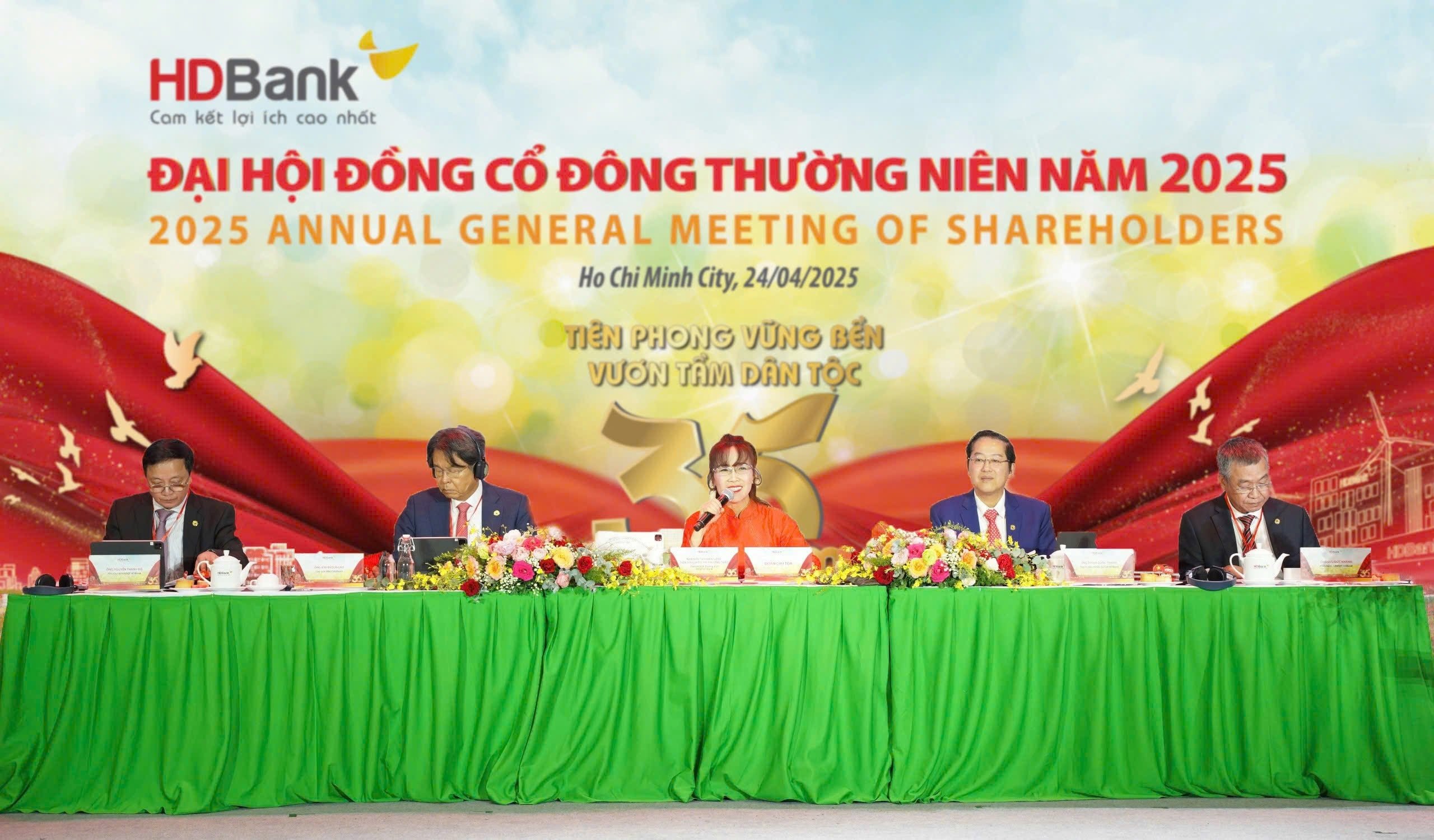

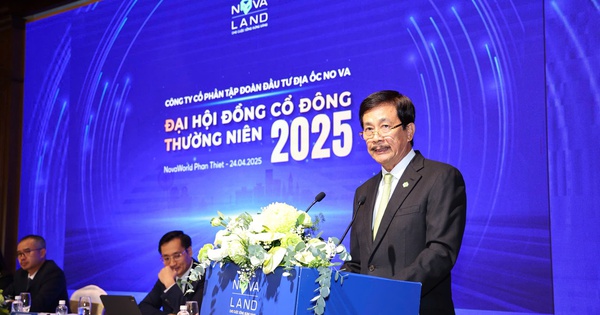

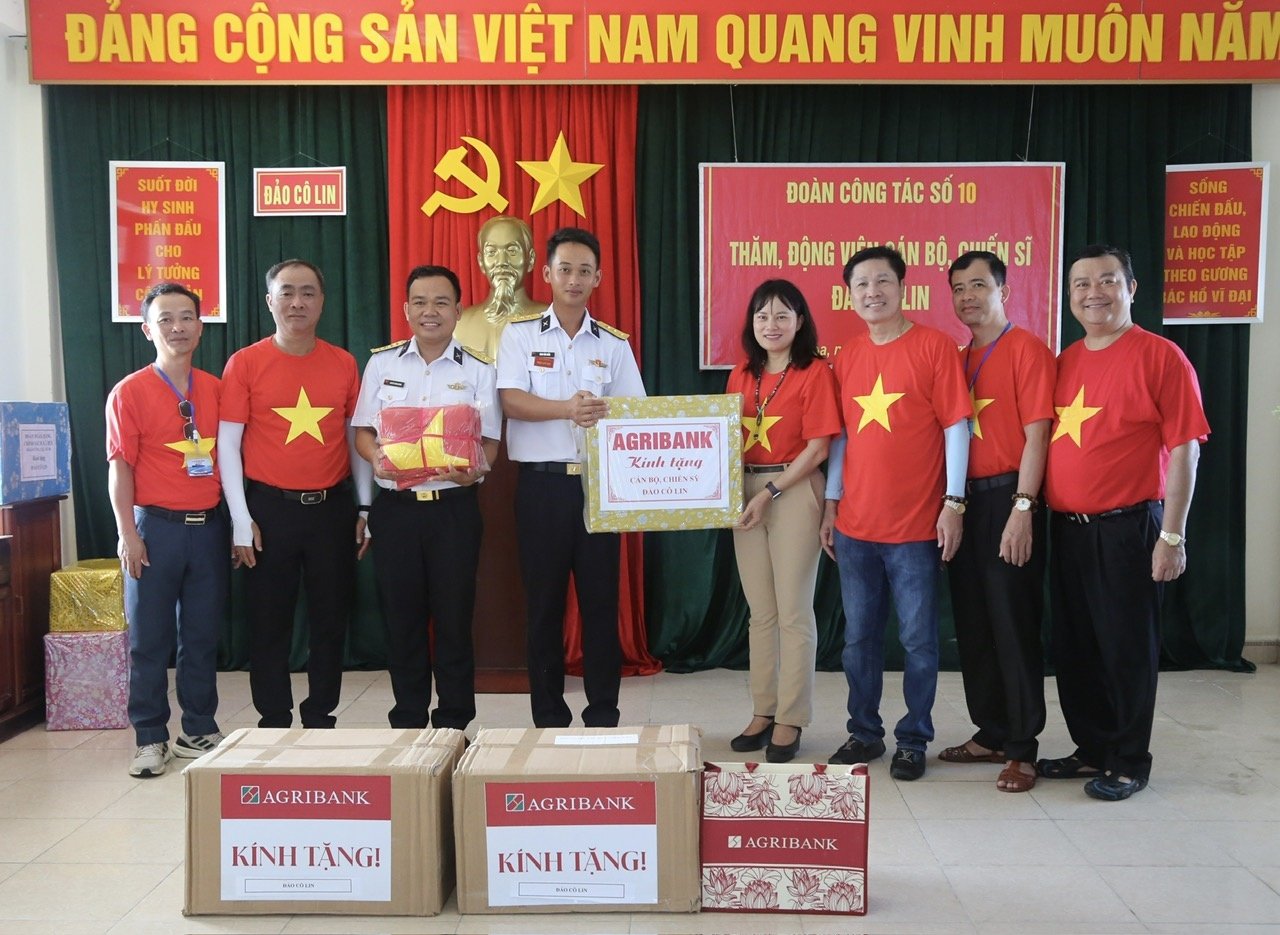




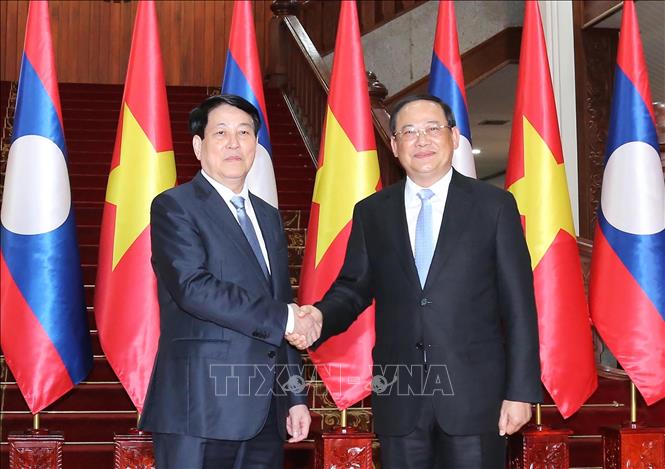
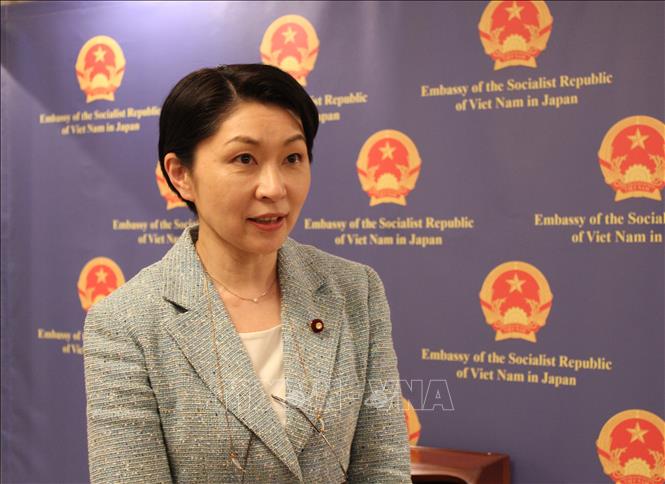
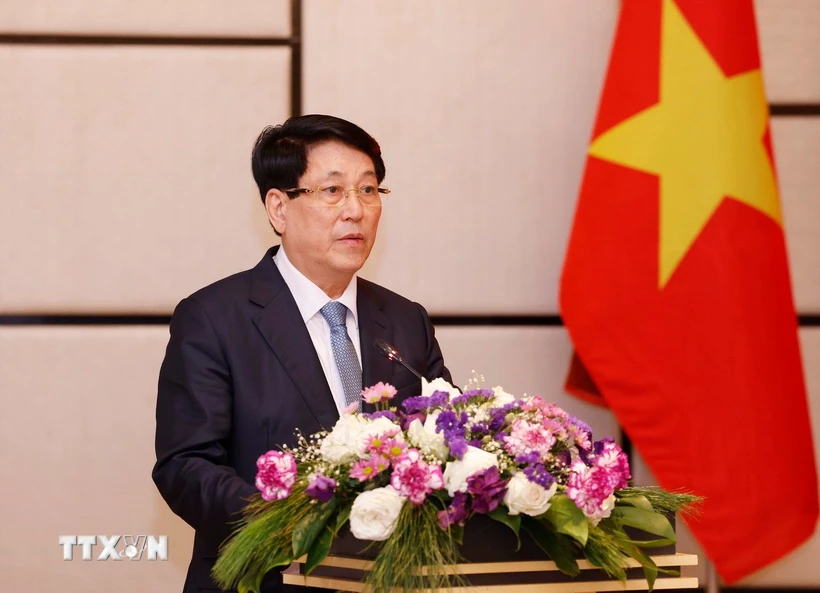







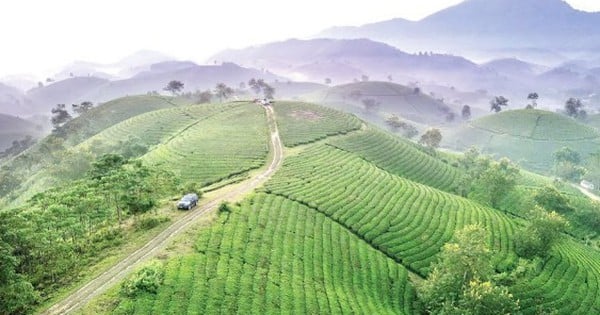
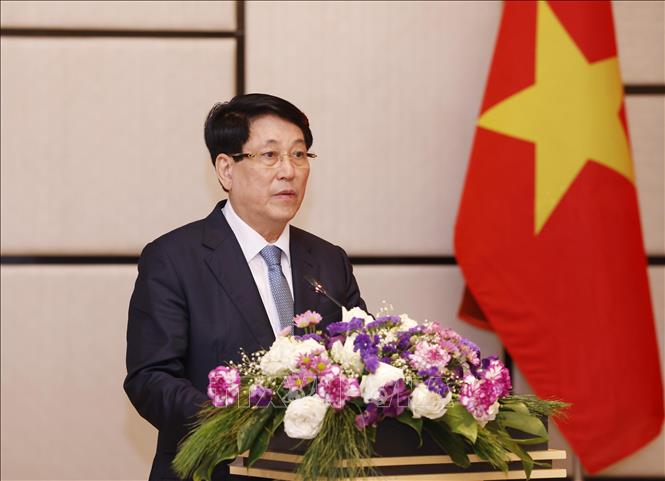

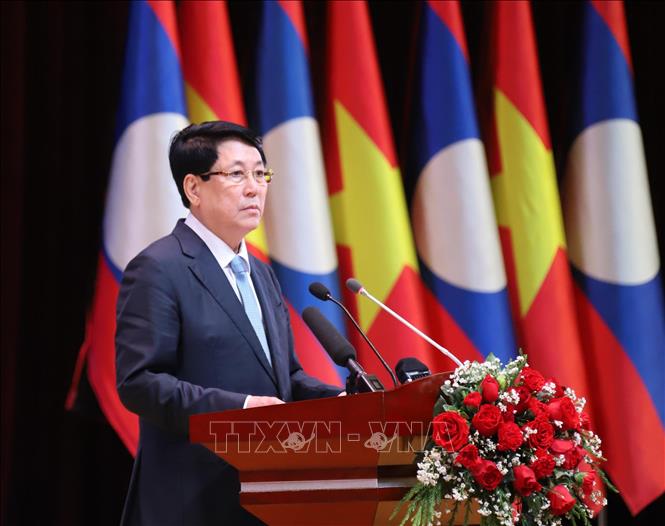
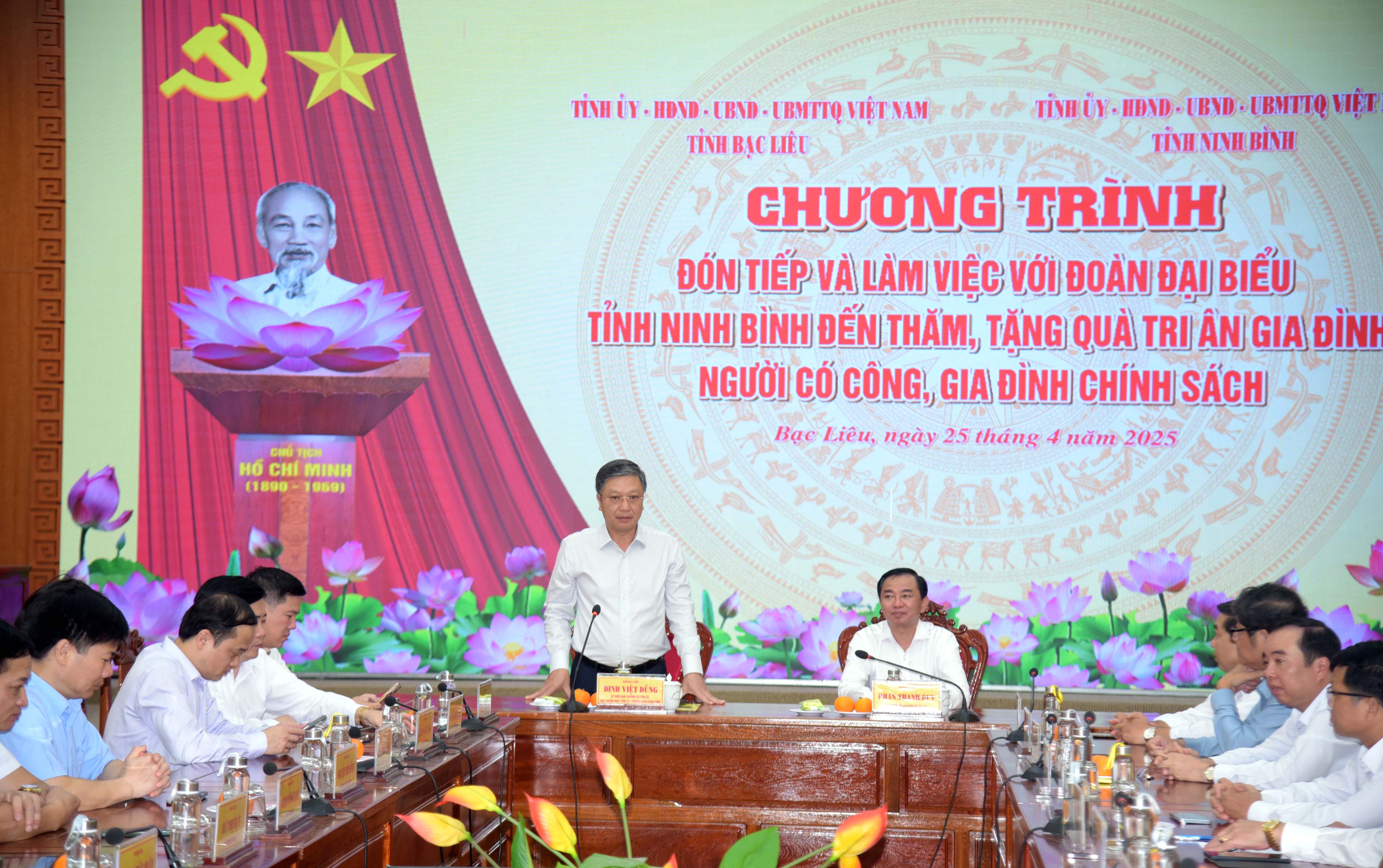
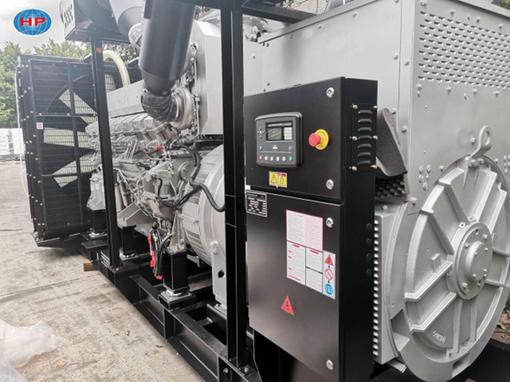

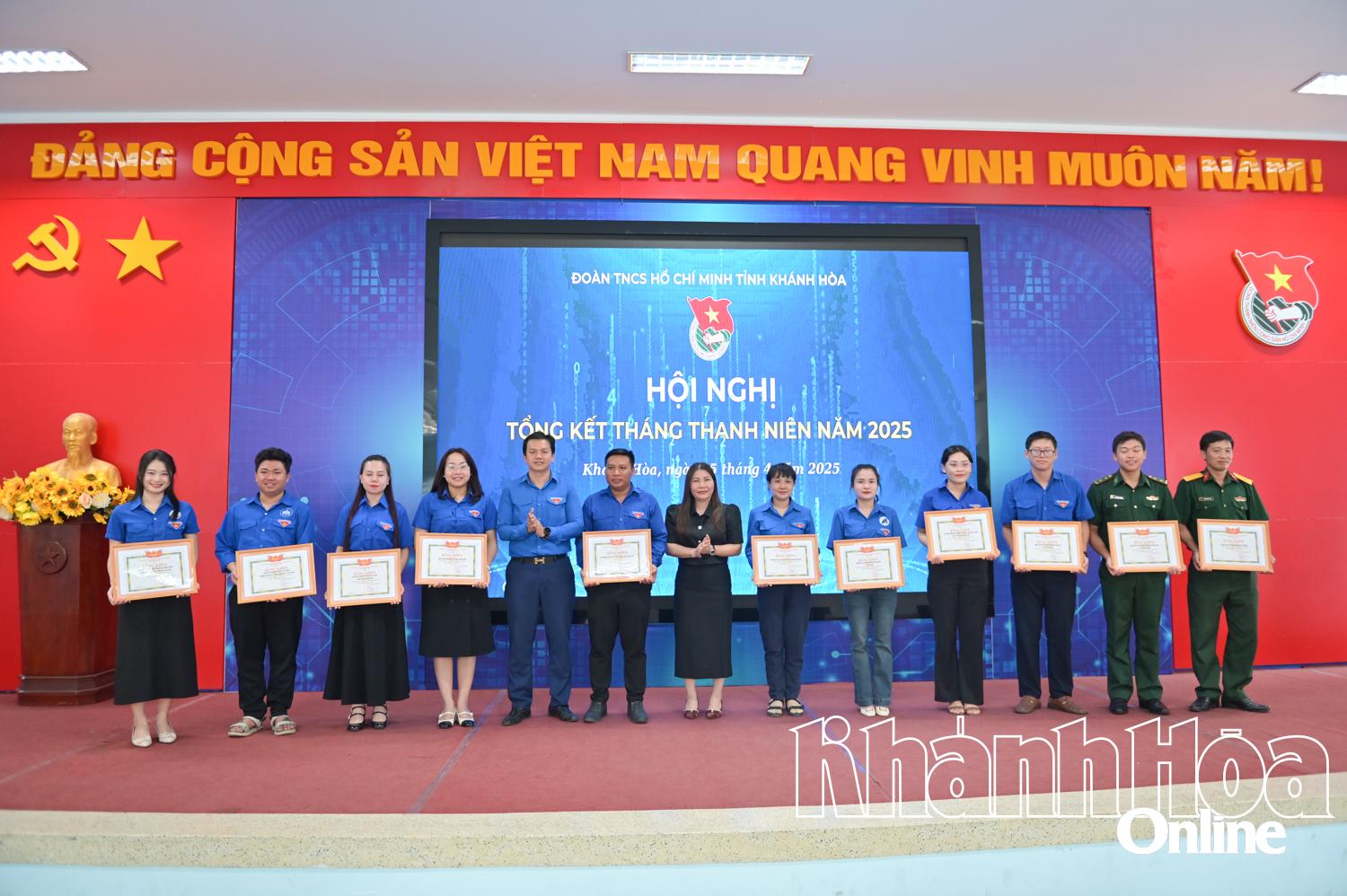




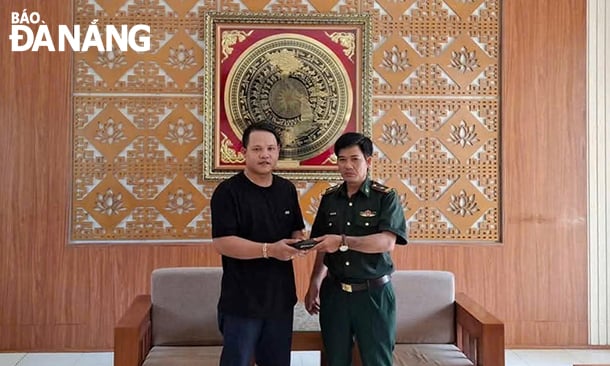

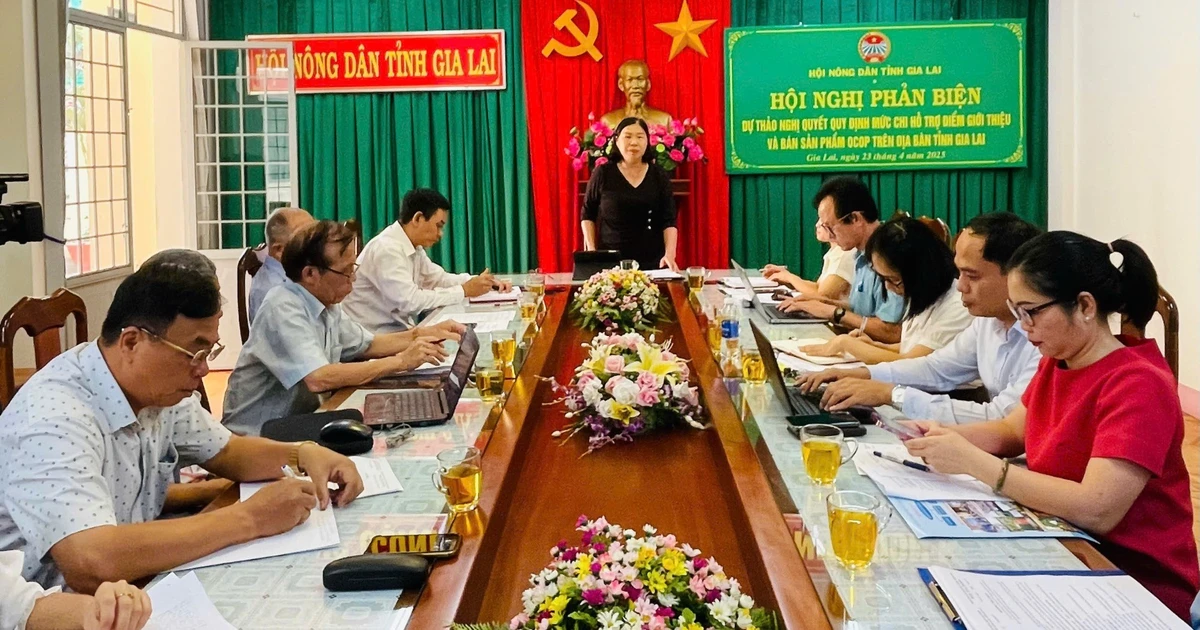

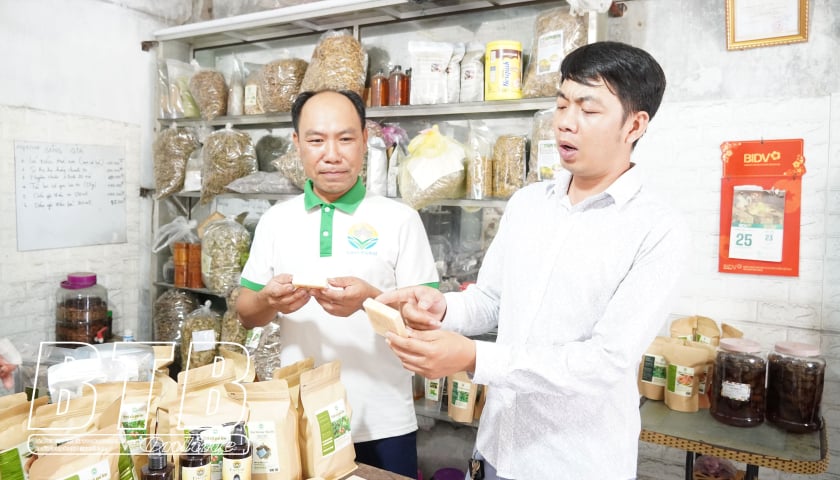



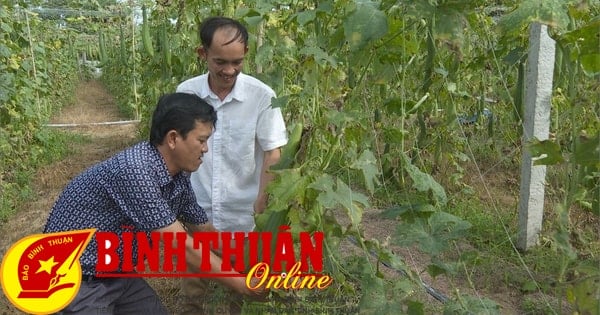

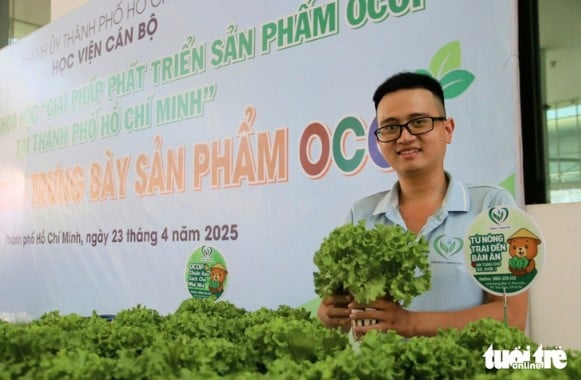
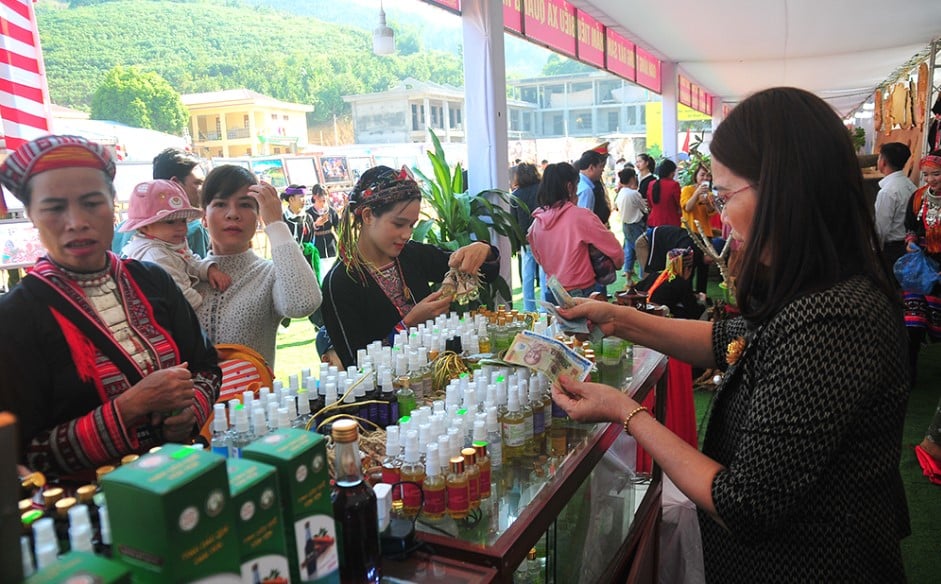
Comment (0)